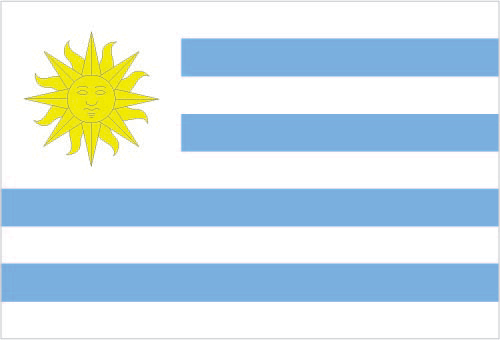
Montevideo, founded by the Spanish in 1726 as a military stronghold, soon took advantage of its natural harbor to become an important commercial center. Claimed by Argentina but annexed by Brazil in 1821, Uruguay declared its independence four years later and secured its freedom in 1828 after a three-year struggle. The administrations of President Jose BATLLE in the early 20th century launched widespread political, social, and economic reforms that established a statist tradition. A violent Marxist urban guerrilla movement named the Tupamaros, launched in the late 1960s, led Uruguay's president to cede control of the government to the military in 1973. By yearend, the rebels had been crushed, but the military continued to expand its hold over the government. Civilian rule was not restored until 1985. In 2004, the left-of-center Frente Amplio Coalition won national elections that effectively ended 170 years of political control previously held by the Colorado and Blanco parties. Uruguay's political and labor conditions are among the freest on the continent.
arable land, hydropower, minor minerals, fish
arable land: 10.25%
permanent crops: 0.22%
other: 89.52% (2011)
3,332,972 (July 2014 est.)
country comparison to the world: 135
white 88%, mestizo 8%, black 4%, Amerindian (practically nonexistent)
Roman Catholic 47.1%, non-Catholic Christians 11.1%, nondenominational 23.2%, Jewish 0.3%, atheist or agnostic 17.2%, other 1.1% (2006)
Spanish (official), Portunol, Brazilero (Portuguese-Spanish mix on the Brazilian frontier)
definition: age 15 and over can read and write
total population: 98.1%
male: 97.6%
female: 98.5% (2010 est.)
Montevideo
constitutional republic
25 August 1825 (from Brazil)
Independence Day, 25 August (1825)